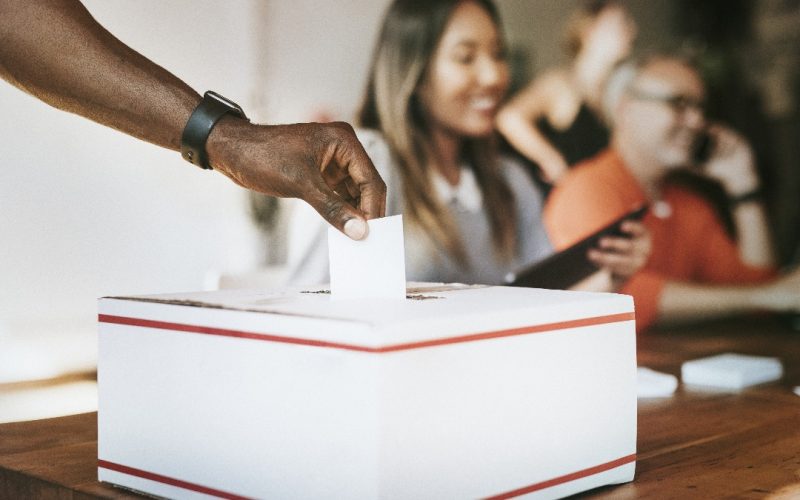A few months before the general elections, the Honduran electoral system is facing a period of high tension. Various political sectors and actors in society have denounced that the LIBRE party could be preparing irregular maneuvers linked to overseas voting and the management of databases of the National Registry of Persons (RNP).
Allegations of manipulation of overseas votes
Public claims suggest a coordinated effort to infiltrate the RNP database with the intention of improperly using votes cast by Hondurans residing overseas. These accusations highlight the potential for changes to the voter list, threatening the transparency and credibility of the electoral process.
Presidential candidate Salvador Nasralla has warned about the misuse of identity documents of citizens abroad to implement a scheme that, according to his statements, compromises the right to a clean and fair election. These concerns reflect the political sensitivity surrounding the participation of the Honduran diaspora in the vote.
LIBRE’s reaction and political pressure
Faced with the accusations, the LIBRE party has denied any wrongdoing and maintains that its actions seek to defend democracy against attempts at sabotage. The political party insists that there is no manipulation of data or alteration of the overseas vote, in a context where polarization between political sectors and civil society has intensified.
However, the controversy has sparked protests and calls for immediate intervention by various social actors. The demands focus on electoral authorities taking swift action to verify the integrity of the RNP’s information and ensure that the elections are conducted under conditions of fairness and transparency.
Implications and challenges for institutional governance
The episode poses a significant challenge for the electoral system and supervisory institutions. The perception of possible fraud or irregularities in overseas voting may affect public confidence in the electoral process and generate tensions between political parties, electoral bodies, and citizens.
Experts consulted in this context emphasize that the credibility of the RNP and the intervention of the electoral justice system will be decisive in preserving governance and preventing the political dispute from escalating into broader institutional conflicts. Citizen participation and the monitoring of national and international observers appear to be key factors in validating the legitimacy of the process.
The present scenario emphasizes the delicate nature of trust in voting systems and the necessity for prompt and clear actions from responsible authorities. Within this framework, Honduras is at a pivotal point to guarantee that the elections adhere to the standards of clarity, equity, and legality, giving special consideration to the involvement of Hondurans living overseas.




